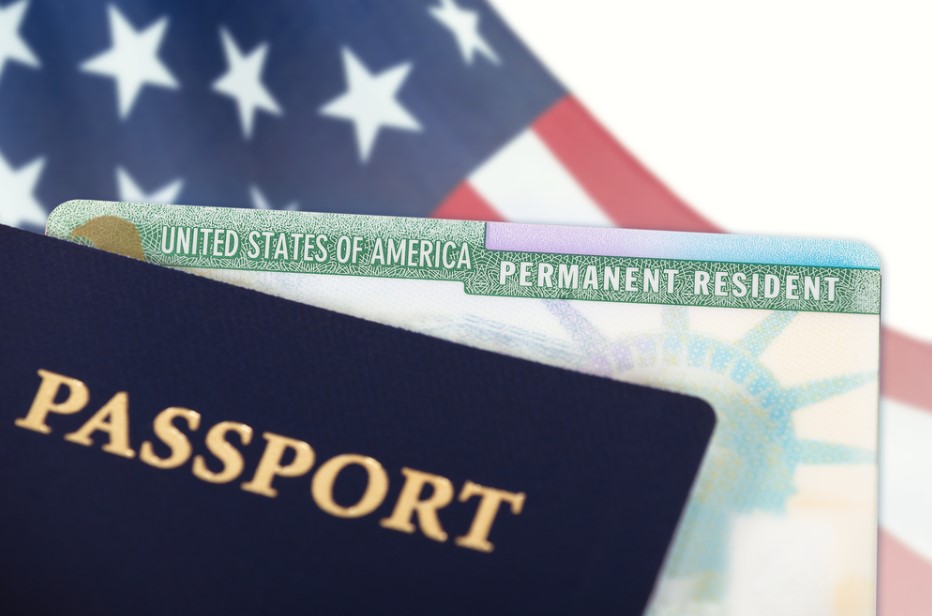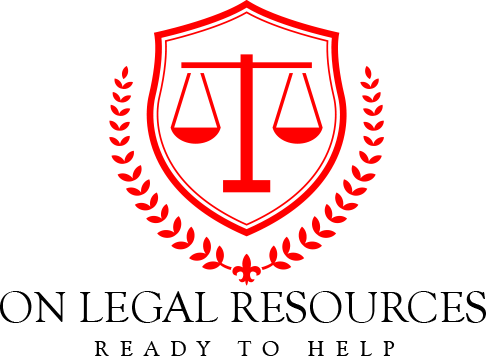Green Card Categories: Understanding Different Paths to US Residency
January 27, 2024
A green card, formally known as a Permanent Resident Card, is a document that grants an individual the right to live and work permanently in the United States. Each year, thousands of people apply for a green card, seeking the stability and opportunities that come with being a lawful permanent resident. The process, overseen by the United States Citizenship and Immigration Services (USCIS), encompasses various categories, each with specific eligibility criteria. We understand the diverse pathways that lead to permanent residency, whether through family, employment, refugee or asylee status, or other special provisions.
In navigating U.S. immigration, it’s crucial to comprehend the distinctions between the green card categories. These determine how an individual can adjust their status from a temporary visitor or immigrant to a permanent resident. Factors such as one’s relationship to U.S. citizens or permanent residents, job skills, investment capacity, and humanitarian grounds play critical roles in eligibility. We recognize the challenges that potential applicants may face and aim to provide clear guidance.
As green card holders ourselves, we are familiar with the importance of maintaining permanent resident status, which includes the ability to travel freely and the potential path to U.S. citizenship. We aim to assist others in understanding the requirements for applying for a green card, the process of adjustment of status, and the responsibilities that come with holding a green card. Our expertise lies in helping to clarify the complex landscape of U.S. immigration, ensuring that individuals are well-informed and prepared for their journey toward becoming permanent residents.
Green Card Eligibility and Application Process
In this section, we’ll explore the specific criteria and steps to apply for a U.S. green card through various categories, ranging from family relationships to employment skills and humanitarian protection.
Family-Based Green Card
Family-based green cards allow U.S. citizens and lawful permanent residents to sponsor certain relatives for permanent residency. The eligibility of family members is divided into immediate relatives, which include a spouse, unmarried children under 21, and parents of a U.S. citizen, and family preference categories, which encompass adult children, both married and unmarried, as well as siblings.
- Immediate Relative Visas (IR): Unlimited availability; no wait time beyond the processing period.
- Family Preference Visas:
- F1: Unmarried sons and daughters (21 years and over) of U.S. citizens
- F2A: Spouses and children (under 21) of permanent residents
- F2B: Unmarried sons and daughters (21 years and over) of permanent residents
- F3: Married sons and daughters of U.S. citizens
- F4: Brothers and sisters of U.S. citizens (petitioner must be 21 years or older)
Application Procedure: The U.S. citizen or permanent resident must file Form I-130 (Petition for Alien Relative). Once approved, the relative can apply for an immigrant visa through consular processing or adjust status if already in the U.S.
Employment-Based Green Card
Employment-based green cards are applicable to a variety of skilled workers, professionals, and those with exceptional abilities. Categories include:
- EB-1: Priority workers with extraordinary ability, outstanding professors and researchers, and multinational executives and managers.
- EB-2: Professionals holding advanced degrees or with exceptional ability.
- EB-3: Skilled workers, professionals, and other workers.
- EB-4: Certain special immigrants, including religious workers, U.S. government employees abroad, and others.
- EB-5: Investors who invest a substantial amount in a U.S. enterprise and create jobs.
Application Process: The employer usually initiates by filing Form I-140 (Immigrant Petition for Alien Workers). The applicant typically requires an Employment Authorization Document and may need to undergo an interview.
Refugee and Asylee Status
Those seeking protection due to persecution or a well-founded fear of persecution in their home country may apply for a green card one year after being granted refugee or asylee status.
Eligibility:
- Refugee: Must apply for a green card one year after being admitted to the U.S.
- Asylee: Must apply for a green card one year after being granted asylum.
Process: File Form I-485 (Application to Register Permanent Residence or Adjust Status) and attend an interview if called.
Diversity Visa Lottery
The Diversity Immigrant Visa Program annually awards up to 50,000 visas to individuals from countries with low rates of immigration to the U.S. The selection is random and based on a lottery.
Eligibility:
- Must have a high school education or its equivalent, or two years of work experience in an occupation requiring at least two years of training.
Process: Entrants must apply online during the Department of State’s specified registration period and, if selected, proceed with the visa application process, which includes an interview.
Special Categories of Green Cards
Several special categories exist for green card eligibility, including those for:
- T Visa: For certain victims of human trafficking.
- Cancellation of Removal: For some non-citizens who have been in the U.S. for at least ten years, have good moral character, and whose removal would cause exceptional hardship to U.S. citizen or permanent resident family members.
Eligibility and application processes for special categories vary widely, but may include filing specific forms with U.S. Citizenship and Immigration Services (USCIS), providing substantial supporting documentation, and attending an interview.
Rights and Responsibilities of Green Card Holders
As green card holders, we carry both the benefits of permanent residence in the United States and the obligations that come with this status. Our rights allow us to live and work permanently in the U.S., while our responsibilities ensure that we maintain our status according to U.S. immigration laws.
Maintaining Permanent Residence
To keep our permanent resident status, we must abide by certain rules. First and foremost, we are expected to reside in the United States. Temporary travels abroad are permitted, but we must not abandon our U.S. residence. These are some of the key requirements to maintain our status:
- Physical Presence: We need to be physically present in the U.S. for at least half the duration of our residency requirement period.
- Filing Taxes: We must file U.S. income tax returns on worldwide income.
- Support of Democratic Government: We are obligated to support the U.S. Constitution and government.
Path to U.S. Citizenship
The path to U.S. citizenship is a significant right afforded to us as green card holders. To be eligible for naturalization, we typically need to meet the following criteria:
- Residency: We must reside in the U.S. for at least five years, or three years if married to a U.S. citizen.
- Good Moral Character: We should demonstrate good moral character, without any serious criminal violations.
- Class of Admission: Certain classes like refugee status (AM1, AM2, AM3, AM6), investor status (C5, T5, R5, I5), and family-based (CF1, CR1) might affect the eligibility and timeline for applying for citizenship.
Travel and Re-Entry
Travel outside the United States and re-entry are covered under the rights of a green card holder. However, to ensure re-entry without complications, we must consider the following:
- Re-Entry Permit: If we plan to travel outside the U.S. for more than one year but less than two, we may need to obtain a re-entry permit beforehand.
- Abandonment: Absence for more than two years may lead to a presumption of abandonment of our permanent residence, unless specific documents are obtained prior to departure.
- Documentation: We must possess and present the necessary documentation upon return, such as a valid green card (Form I-551) and a passport.
Our status allows us to apply for green cards for our relatives, and in employment-based situations, we can seek permanent jobs without needing sponsorship. Whether we entered through employment-based categories, the diversity visa lottery, or as a Haitian refugee under the Haitian Refugee Immigration Fairness Act, we are all subject to the same fundamental rights and responsibilities as permanent residents. Classes of admission, from C20 to C38 and beyond, designate the conditions under which we entered the U.S. As green card holders, we must stay well-informed about these conditions to keep our status secure.
